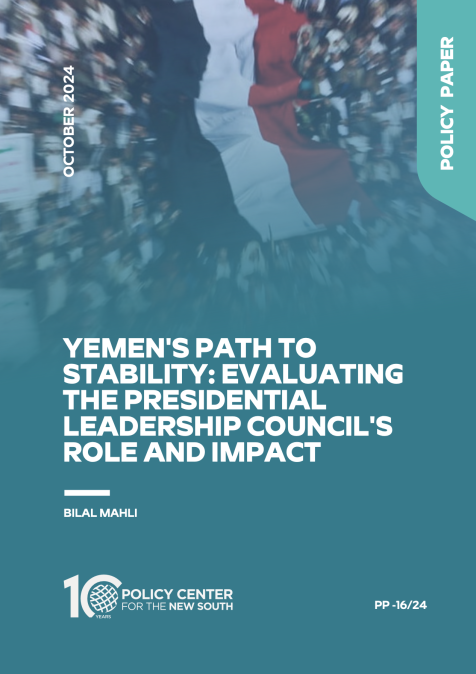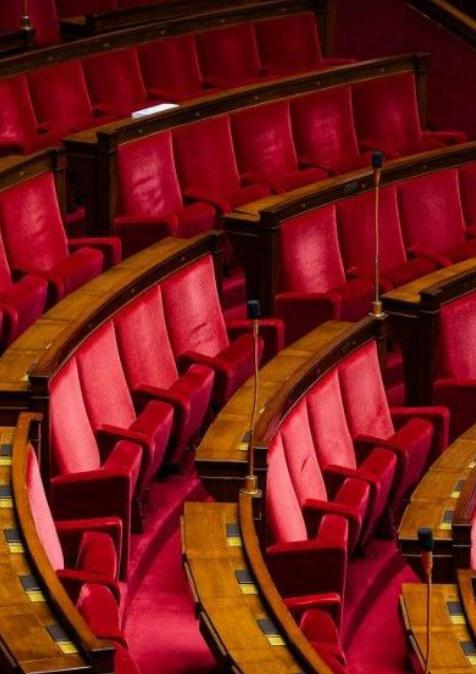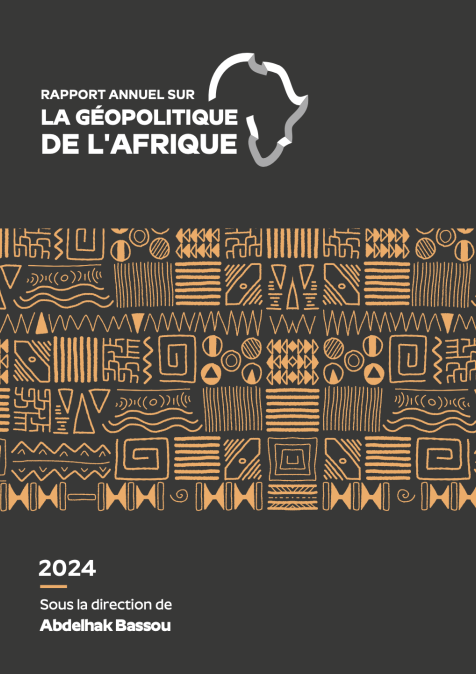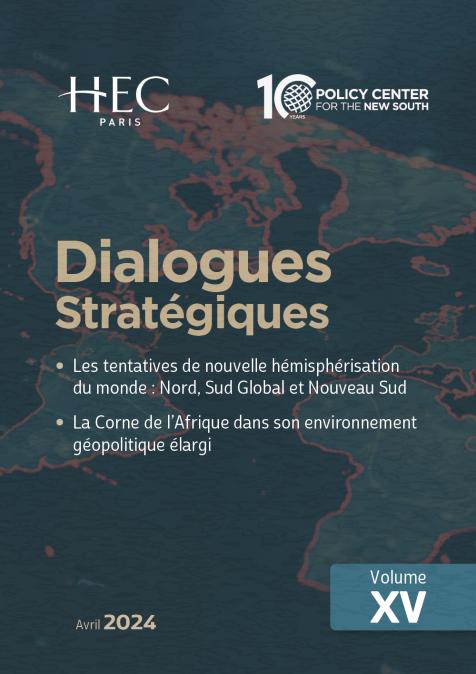This panel is part of a series of important public diplomacy events in celebration of the 75th anniversary of India’s Independence. It aims to explore a series of vital questions including India’s role on the world stage, the country as an actor in the Indo-Pacific Theatre, its relationship with Africa, the USA & China, and initiatives at vaccine diplomacy and experience in weathering the COVID-19 pandemic. More info : https://www.policycenter.ma/events/conferences/india-global-actor-geopolitical-arena-0#.YJEzFan7SdY
Speakers
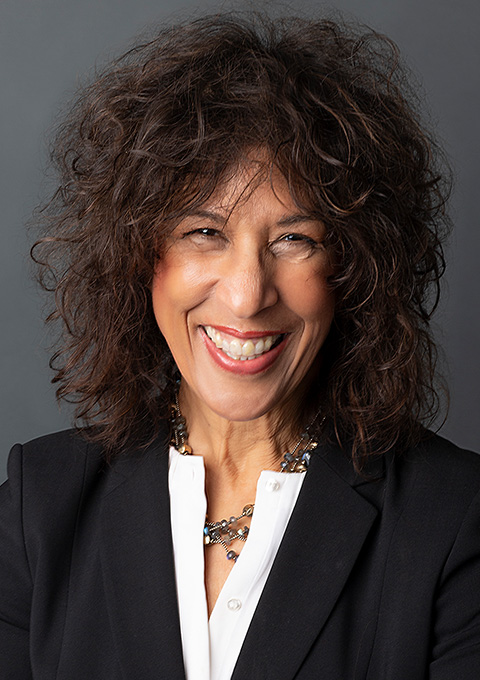
Len Ishmael
Senior Fellow
Ambassador Dr. Len Ishmael is an affiliate Professor at Mohammed VI Polytechnic University teaching the MSc course New South Dynamics, as well as Geopolitics and Geo-economics in the Joint HEC Paris/Public Policy School Executive Program. She is a Senior Fellow of the Policy Center for the New South, Distinguished Visiting Scholar of the German Marshall Fund of the United States of America and a Senior Fellow of the European Centre for Development Policy Management. Dr. Ishmael is the Global Affairs Advisor and Head of the Expert Groups of the Brussels Diplomatic Academy of the Vrije Universiteit Brussel (VUB). She is the former Ambassador of the Eastern Caribbean States to the Kingdom of Belgium and European Union, past President of the 79-member African, Caribbean & ...


